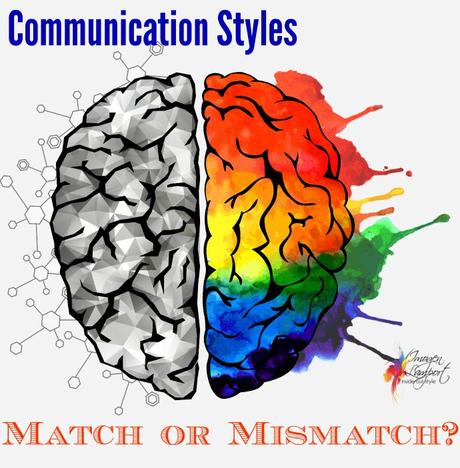 Have you ever had a conversation with someone and all they seemed to do was to point out the differences between your point of view and theirs? That if you said you were alike in some way, they would disagree and tell you that in fact no, you are completely opposite?
Have you ever had a conversation with someone and all they seemed to do was to point out the differences between your point of view and theirs? That if you said you were alike in some way, they would disagree and tell you that in fact no, you are completely opposite?
Or maybe you’ve had that experience when talking to someone that they keep pointing out how alike you are, your thoughts are, or similarities of circumstances. They will agree with you easily and consistently point out commonalities.
These are examples of the Mismatch and Match metaprograms – the way our brain sorts information. They relate to the Sameness and Difference programs which are often related (where we like the Same things or ways of being vs we prefer what is Different to others.
If you are speaking to a person who prefers to Match – they you want to find the similarities, it will make them feel comfortable. These people are more likely to want to wear the latest fashions so they are the same as others. They will care greatly about fitting in, ask about the dress-code to an event and ensure that they are like their colleagues and peers. They are most likely going to shop with a friend and ask opinions before purchasing anything and are happy to tell you exactly where they purchased an item.
Now a Mismatcher likes to be different. They look for differences, not wanting to be the same. They may be seen as contrary or difficult by Matchers (who just don’t understand them, particularly when a Matcher tries to point out similarities and has it thrown back in their face by the Mismatcher). They may be more creative in their dressing style and will avoid telling you where they bought an item, for fear you will go out and buy the same and match them!
Are you a natural Matcher or Mismatcher?

